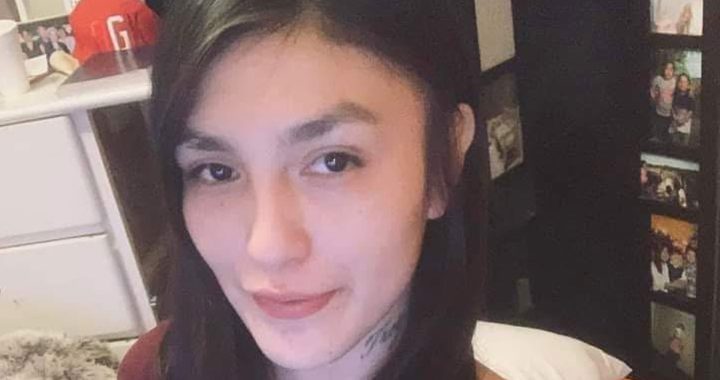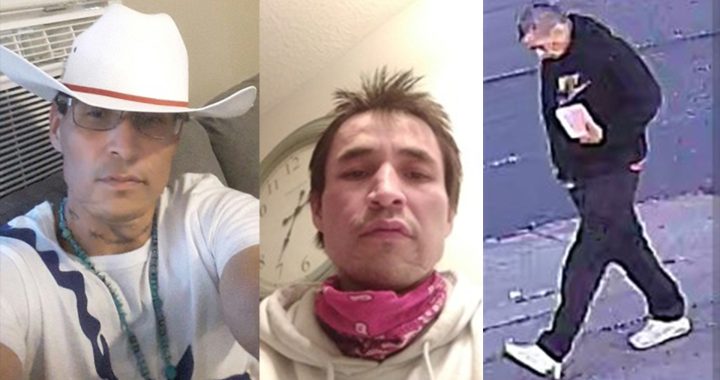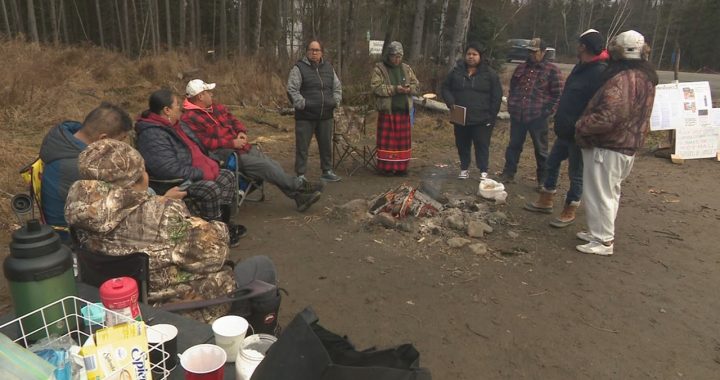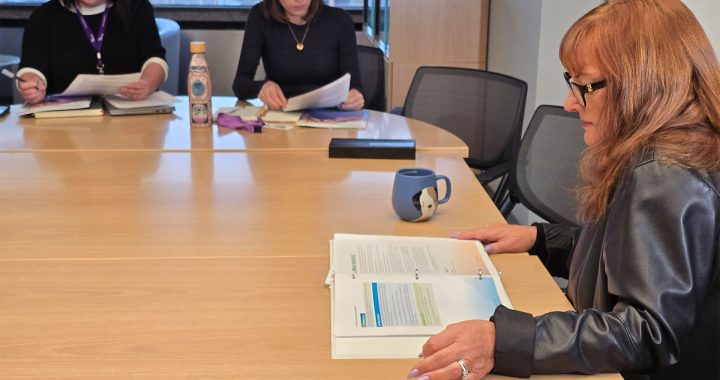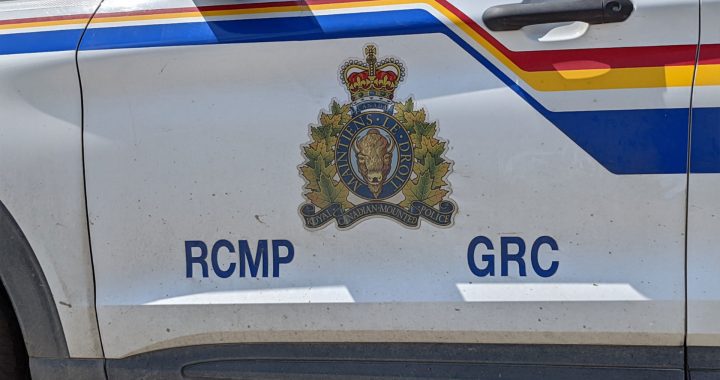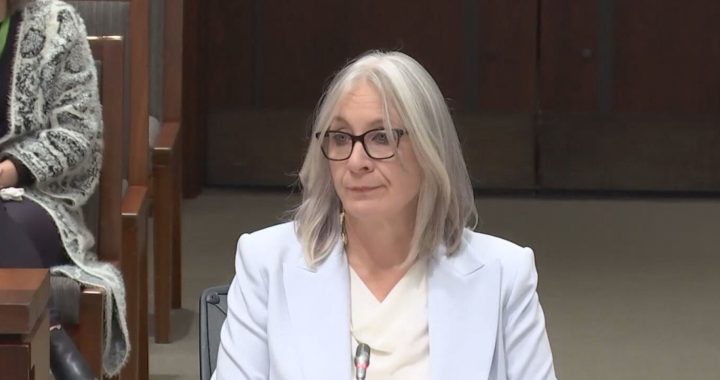Prime Minister Justin Trudeau announced more emergency money for organizations that support First Nations, Inuit and Metis people who live off reserve or in urban centres Thursday.
“Indigenous community organizations in our cities and off-reserve do crucial work year-round, but these days, their services are in high demand because of the pandemic,” Trudeau said.
The announcement comes amid criticism that the Trudeau government has largely ignored the plight of thousands of Indigenous people who live off-reserve and in urban centres.
Many were already at higher risk before the pandemic hit in mid-March – struggling with poverty, homelessness, food insecurity and mental health and addiction issues.
The National Association of Friendship Centres says it has been delivering food, dealing with increased domestic violence, caring for elders and helping off-reserve Indigenous people find safe shelter and transportation and apply for emergency aid benefits, despite little financial help from Ottawa.
Association President Christopher Sheppard-Buote last week told the Commons committee that this work is being hampered by “jurisdictional wrangling.”
“Among the systemic barriers to this essential work is the distinctions-based approach to COVID-19 relief funding, which left many urban Indigenous community members we serve as unseen due to ongoing jurisdictional wrangling between federal and provincial governments; the lack of resources, training and protective equipment; and the fact that we are not being engaged nationally on urban-specific approaches,” he said.
The federal government provides health-care on First Nations reserves and helps provide health-care services for Inuit who live in the north, but First Nations people and Inuit live increasingly in urban centres.
Ottawa maintains that health-care provision for Metis falls under provincial jurisdiction.
Lindsay Swooping Hawk Ketschmer, executive director of the Toronto Aboriginal Support Services Council, told the committee they needed this support.
“We do need capital. We do need swift, actionable responses. We’re past the time for consultation, the time for talking. We need some land, quite frankly we do,” she said.
The Congress of Aboriginal People, which represents some 90,000 off-reserve and non-status Indigenous people, has gone to court over what it says is the “inadequate and discriminatory” funding it has received compared to other Indigenous groups.
In mid-March, the government created the $305-million Indigenous Community Support Fund, most of which went to organizations representing First Nations, Inuit and Metis communities to help them prepare for and cope with the pandemic.
Only $15 million of that was allotted for off-reserve organizations, even though the majority of Indigenous people in Canada don’t live on reserves. It was distributed through a competitive process where organizations had to submit request for funding proposals.
CAP, which wants $16 million, received just $250,000.
“The amount CAP has received for our constituents across Canada is a slap in the face,” the group’s national chief, Robert Bertrand, told the federal committee last week.
However, other emergency aid programs created for the general population – including the $2,000 per month Canada Emergency Response Benefit and the 75-per cent wage subsidy program – are available to eligible Indigenous people who live in urban centres, off reserves or otherwise separated from their communities.
As well, the government announced in April up to $306.8 million to help small- and medium-sized Indigenous businesses, and to support Indigenous institutions that offer financing to these businesses.
At that time, the government said the funding – providing short-term, interest-free loans and non-repayable contributions – would help some 6,000 Indigenous-owned businesses survive the pandemic.
-With files from the Canadian Press




